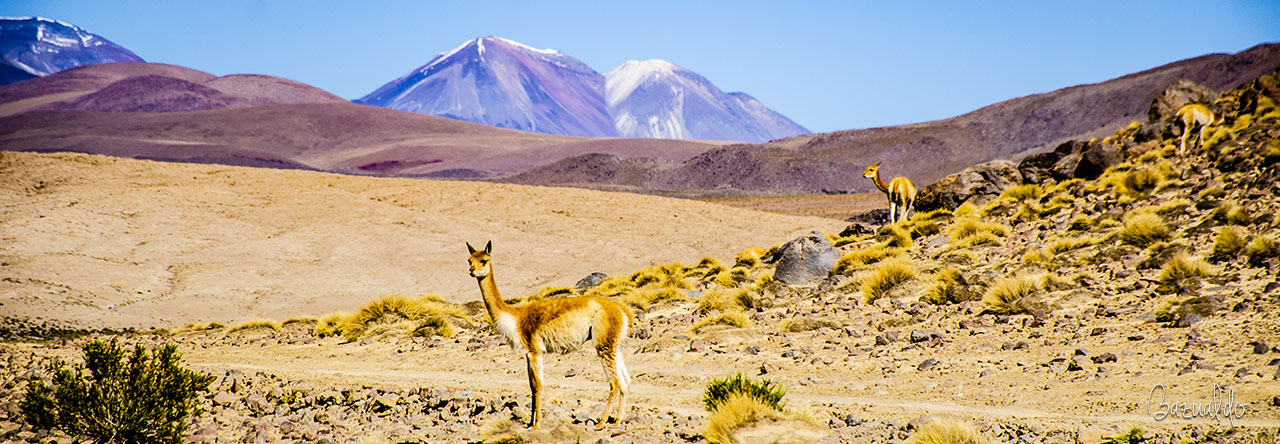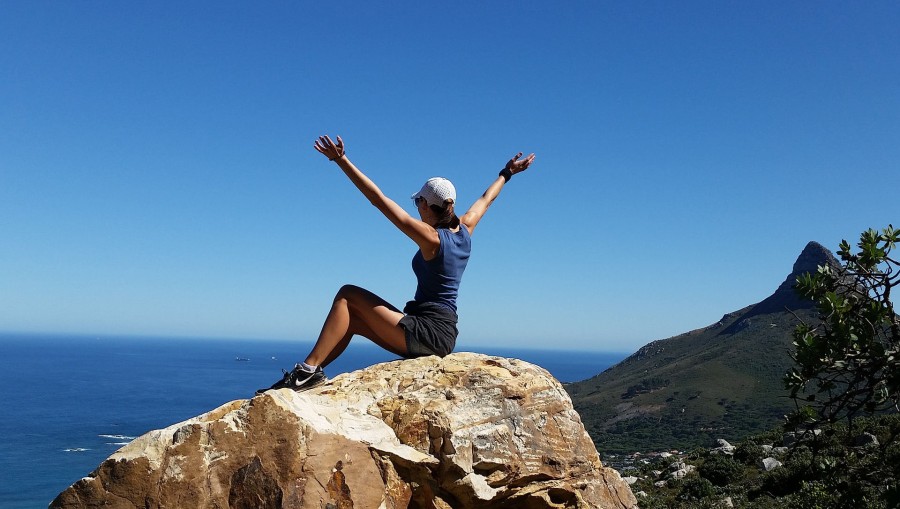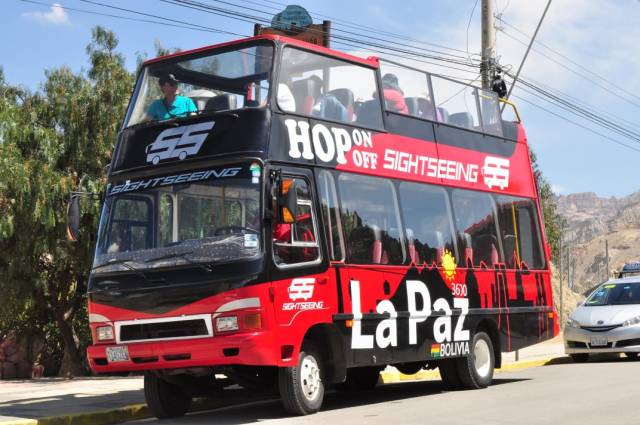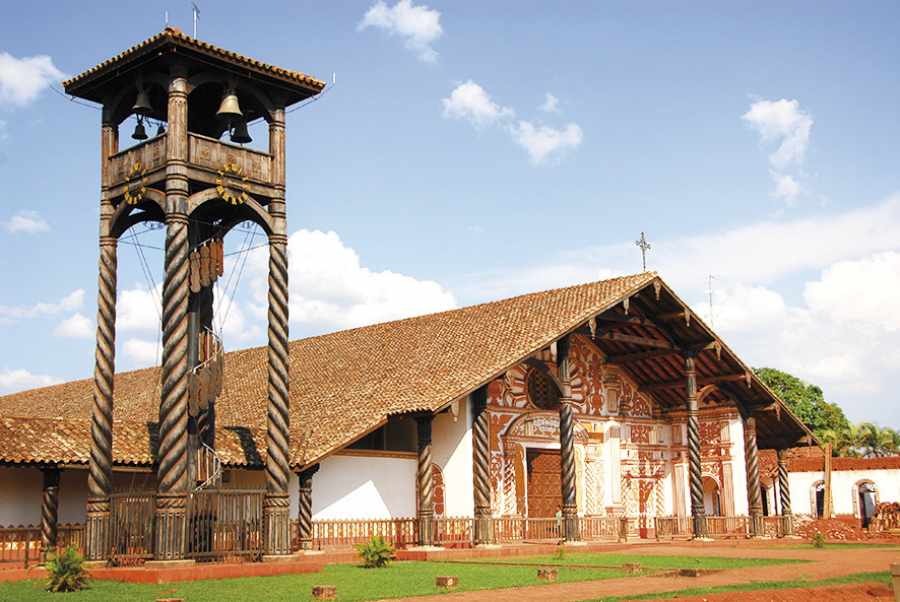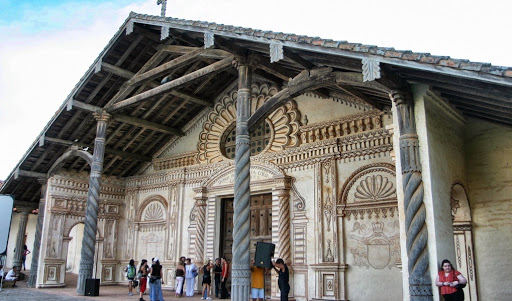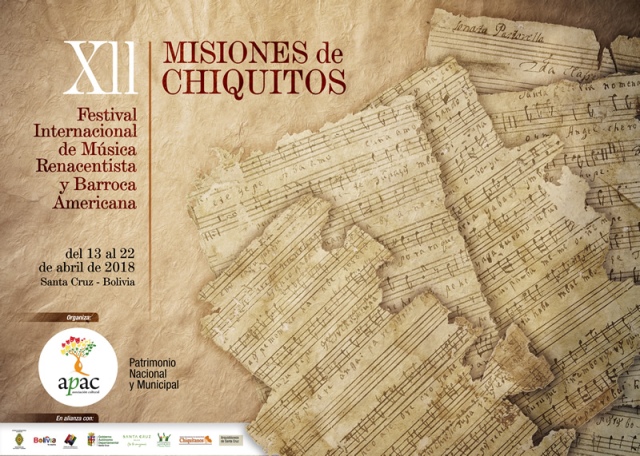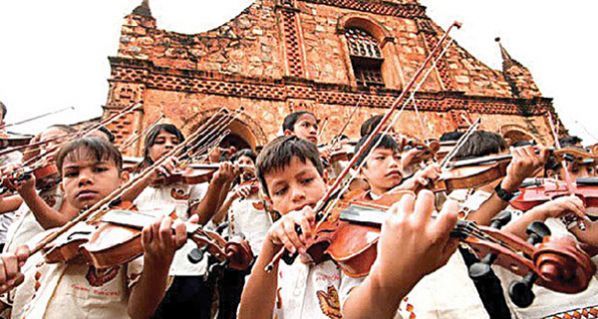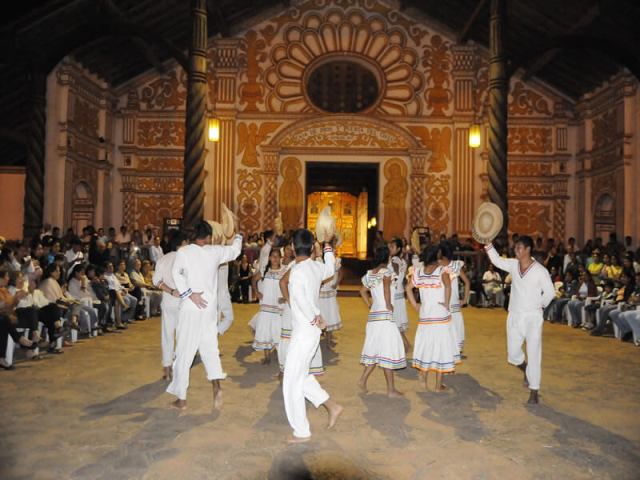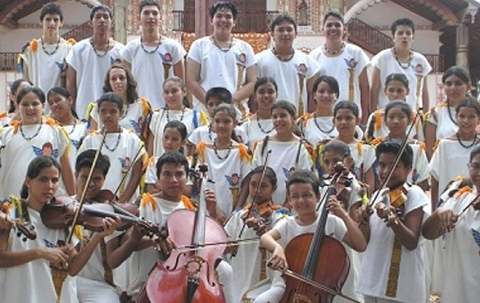Even those who love traveling can fall prey to pre-trip anxiety once in a while. Will you be safe? Will you be able to work and stay in touch with loved ones from your destination? Should you be traveling somewhere else, instead? Should you be traveling alone? Just because you have these feelings doesn´t mean you should not travel. But you should definitely take them into account, find out what is triggering them, and take measures to put your mind at ease. In this post we share with you five tips (and a bonus) for doing just that.
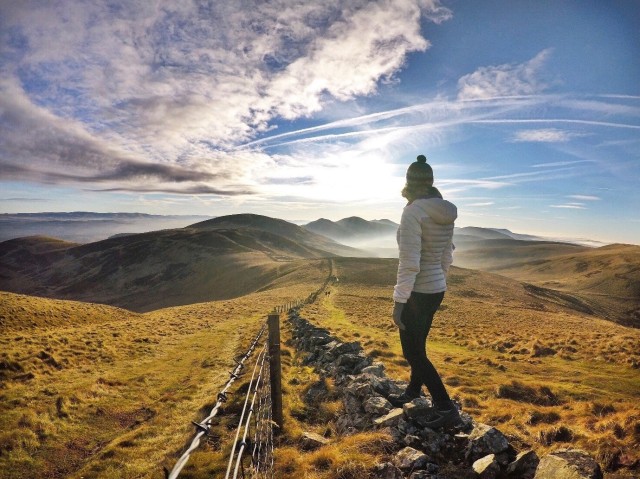
- Identify the source of anxiety
It´s important to figure out the source of what’s bothering you, to see if there are any measures you can take to feel better about the trip. Are you nervous about being robbed? Not being able to communicate with anyone? Are you afraid of flying? Or that you’ll be lonely? Do you think you’ll miss an important event at home?
Once you identify the source, see what you can do to fix it. Would you feel more confident about not getting your stuff stolen if you bought a camera bag that locked? If you’re nervous about meeting people, you could post a message on the local Couchsurfing group or book yourself into a dorm or private room at a social hostel.
With traveling so affected recently by the closing of borders and cancellation of flights and other services, it´s normal to feel nervous that your trip could suffer unforeseen changes. To be safe, you shoud deffinitelly buy travel incurance. Check out this article about the best travel isnurance companies for packpackers.
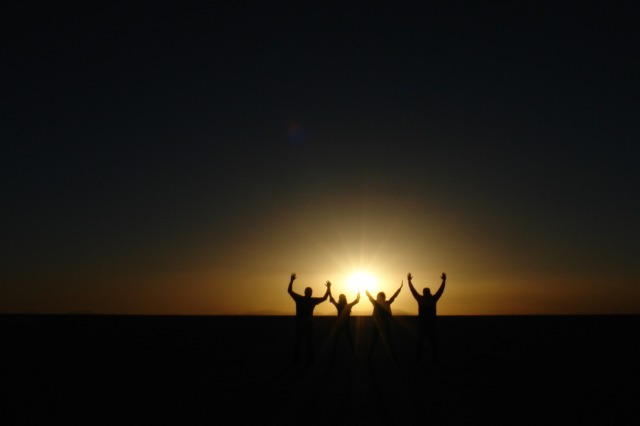
Sometimes, the only problem is you´re worried about the unknown, and that is normal. But then, going out into the unknown is probably why you travel in the first place. To help ease the anxiety, it´s important to follow our next tip:
- Do your research
If what is bothering you has to do with lack of information, then getting information is essencial. If not knowing is a problem, then plan at least the first days of your trip in detail, just to put your mind at ease. You can always cancel tours, move to another hostel, or go somewhere else once you´re feeling more confident.

So, find out about the best hotels, the safest tours, what the people are like, cultural dos and dont´s, how you should dress. Answer questions such as: are there ATMs? Can you pay with debit or credit cards? What are the safest neighborhoods? What local food should you eat and what should you avoid?
Of course, find out what health measures you should take. For example, if you´re traveling to Bolivia or Peru, you might be uneasy about the altitude (3600 meters above sea level in La Paz). Check out this article about how to deal with it and stay safe. Once you have all the information, you´re ready for our next tip:
- Plan (and book) ahead
Aside from relieving anxiety and stress, planing and booking ahead can be a great source of pre-trip joy. Like we said before, planing the first few days in detail can help you feel secure.
So, what will you do as soon as you step off the bus or plane? Decide now if you will want to change money at the airport/bus terminal, or can wait to do it downtown. How will you get to your hotel or hostel? In Bolivia, the covid-19 crisis has made traveling in public transportation a less safe option, so we recomend you book a hotel that can send a cab to get you from the airport. They follow all the mesures to ensure bio-safety.
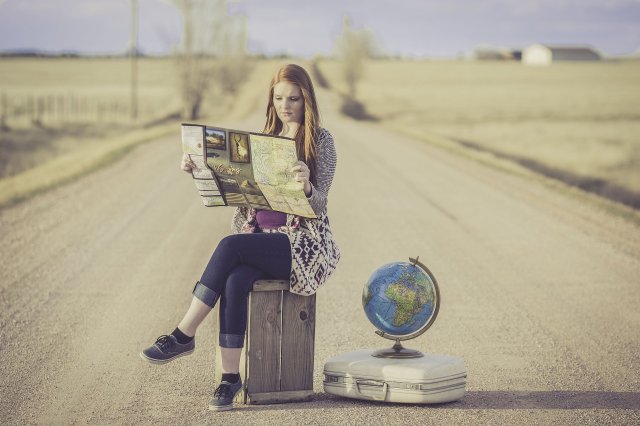
Ok, so, you´re at your hotel. What then? Depending on what time you arrive, you might want to rest and leave the sightseeing for the next day. You can book a tour of the city to get your bearings in a controled way. No matter which city in Bolivia you are visiting, click here for a comprehensive list of certified tours you can book right away.
Same thing goes if you are traveling by bus. You can buy your bus and train tickets online for dozens of destinations in Bolivia and to neighboring countries. Just click here, write in your origin and destination and the date you want to travel. You will be able to compare prices and services and choose the best option for you.
But, wait. Are you anxious too much planning wil stifle your freedom? Are you not ready to commit to a tight schedule? Well, that takes us to the next tip:
- Know you can always change your mind or cancel
Planning and booking ahead is a tool you use to ensure you get a room you like and you have your tickets secured for your trip, as well as giving you a feeling of safety and control. But this is your trip. You can cancel a hotel booking after a few days if you don´t feel comfortable, or have found a place that better suits your needs. You can cancel bus and train tickets and get most of your money back, as long as you do it 48 hours before the trip. Same thing applies for tours.
Of course, if you are tight on cash, your cancelling options might be fewer. But, if you book with Tickets Bolivia, you can even just change the destination or date of your trip, so you don´t need to cancel but you still enjoy the freedom of improvising as you go along.
You can do whatever you want on this trip. You can be more adventurous, or more easygoing. You can be social or a loner. You can have the peace of mind that comes with booking everything ahead, with the thrill of making your trip your own as you go along.
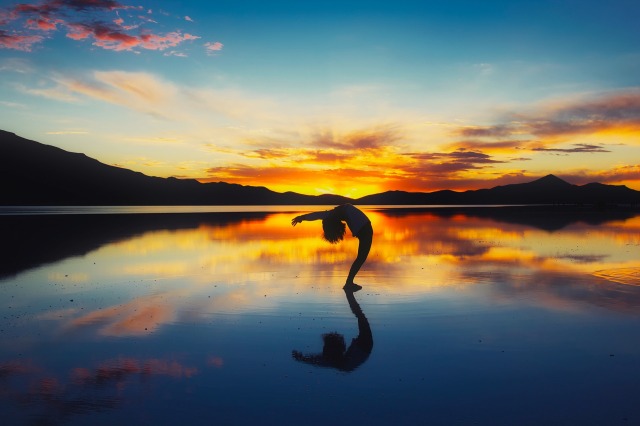
- Bring extra cash for safer options
Speaking of tight on cash, it is a very real thing that you should have extra cash you can count on in order to stay safe, especially if you are having doubts about the trip.
Safety and freedom to change your mind are things you should really invest in. For example, if you need to take a cab because you don´t feel comfortable walking or taking public transportation, or booking into a more expensive but safer hotel, or cancelling a bus ticket without the possibility of a refund because you simply changed your mind.
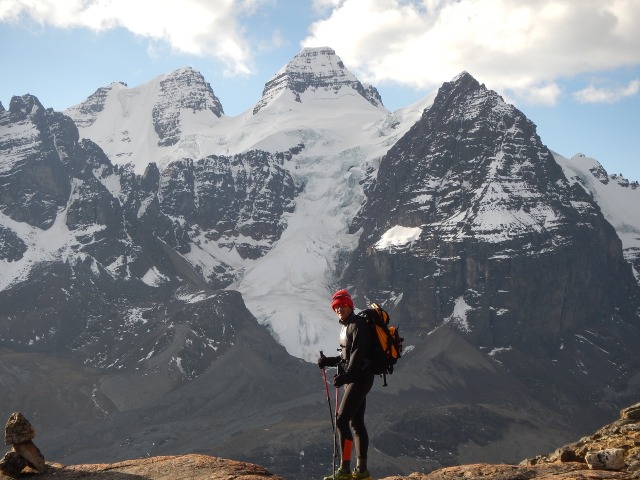
You may never need to use it, but you will be reassured just knowing that the extra money is there to spend it if you need it.
- Bonus tip: know you will probably be glad you came
99.9% of the time, you’ll be glad you came. You will look around you at the landscape, the view, the food in front of you, the new friends you´ve made and say to yourself: I´m so glad I went on this trip. But often you don’t realize that until you’re on the ground in your destination. Feeling the different temperature, the language of people, the streets full of different smells and colors. That may be all that it takes to remind yourself why you love traveling in the first place.
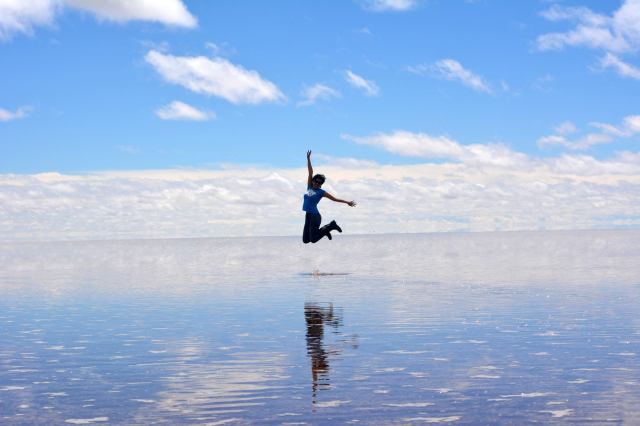
Of course, there are occasional instances when cancelling a trip altogether is the right way to go. Maybe the time is not right and you can make this trip later in the year. Maybe it´s something else you need to solve. In any case, se hope these tips are useful for making up your mind.

